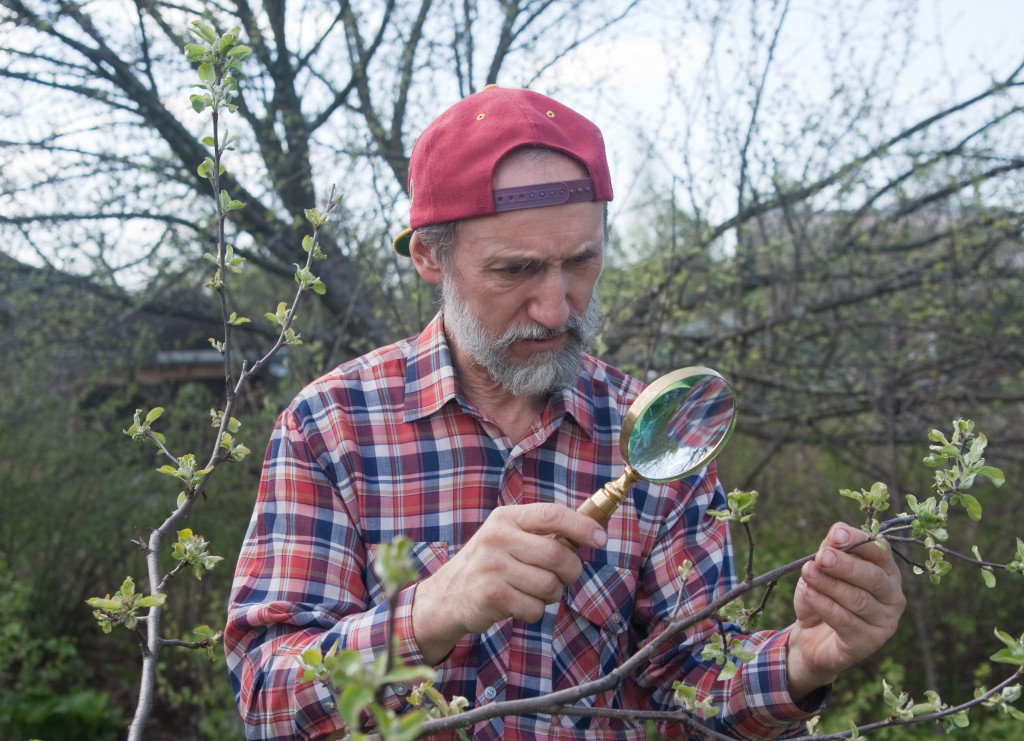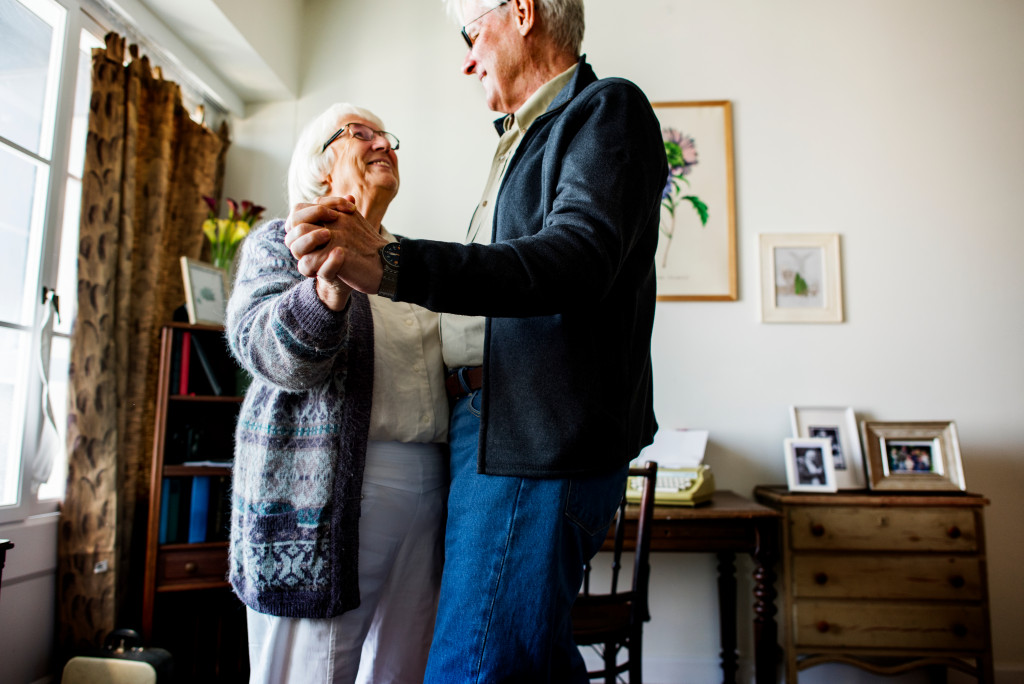- Assisted living communities provide support and services, enabling seniors to maintain independence amidst life changes.
- Open expression of feelings, support groups, and utilization of on-site services aid in transitioning to assisted living.
- Engaging in new hobbies, connecting with nature, volunteering, and continuous learning can enrich seniors’ lives.
- Considering in-home hospice care ensures quality end-of-life service, respecting residents’ wishes in their final stages.
As you age, life can change in so many ways. Sometimes, you find yourself in a position where you need some extra support to maintain your independence. Moving into an assisted living facility can be a difficult decision, but it can also offer new opportunities for a vibrant and fulfilling lifestyle. This guide will explore some ways that seniors can cope with these changes and thrive in the assisted living community.
Ask For Help
One of the best ways to cope with changes in life is to ask for help. In an assisted living community, there are always people nearby who are willing and able to assist with any needs or concerns. Family members, friends, and social workers can also be valuable resources for advice and emotional support. Here are some tips that you should do:
Be Open and Honest About Your Feelings
When you’re dealing with change, it’s important to express your feelings rather than suppress them. This can be a challenging task, especially if you’re accustomed to bottling up your emotions. However, sharing your feelings with trusted individuals can significantly alleviate stress and anxiety. It’s okay to feel uncertain or overwhelmed by the changes; these are normal reactions, and acknowledging them is the first step toward acceptance and adaptation.
Seek Out Support Groups
Finding and joining support groups can be a significant step towards adapting to life in an assisted living community. These groups provide a safe space where seniors can share experiences, express concerns, and find solace in knowing they are not alone in their journey. Be it formal therapy sessions, informal coffee chats, or online forums, these groups promote a sense of community, foster friendships, and provide practical advice from people who are facing similar life changes.
Utilize On-Site Services
On-site services provided by assisted living facilities can significantly ease the transition and improve residents’ quality of life. These services may include health care, dining, housekeeping, transportation, and a variety of planned recreational activities. Taking full advantage of these amenities not only removes daily chores from your plate but also provides ample opportunities to socialize, pursue hobbies, and maintain an active lifestyle.

Explore New Hobbies
Assisted living facilities offer a variety of activities and opportunities for residents to try new things. Whether it’s art, music, exercise, or cooking, there is something for everyone. Trying new hobbies can be a great way to meet new people, stay active, and stimulate the mind. Don’t be afraid to step out of your comfort zone and try something new. Here are other things that you can try:
Connect with Nature
Many assisted living communities offer beautifully landscaped outdoor areas, perfect for a leisurely stroll or a breath of fresh air. Connecting with nature not only improves physical health through light exercise but also enhances mental well-being. Studies have shown that spending time in nature can lower stress levels, increase energy, and boost mood. You can also participate in outdoor activities such as gardening clubs or bird-watching groups offered by the community.
Volunteer
Volunteering is another excellent way to stay engaged and find purpose in your new environment. Many assisted living communities offer opportunities for residents to contribute their skills and time in various ways. You might assist with event planning, mentor younger individuals, or participate in local charity work. Volunteering not only provides a sense of accomplishment but also fosters a deeper connection with the community and fellow residents.
Keep Learning
Never stop learning, regardless of your age. Assisted living communities often offer educational programs and workshops for their residents. You could learn a new language, take up painting, dive into history, or even explore digital technology. Educational activities stimulate your mind, keep you engaged, and offer the chance to explore subjects you’ve always been interested in or never had the time to pursue before.

Consider In-Home Hospice
There may come a point where it’s necessary to consider reliable in-home hospice care while living in an assisted living community. This service can greatly enhance the quality of life by providing compassionate medical care and emotional support in the comfort of your own suite.
It’s about ensuring you receive the care you need to live your final stages of life to the fullest, surrounded by familiar environments and people who truly care about your well-being. Also, it’s vital to have open discussions with your family, caregivers, and medical professionals about end-of-life care options early on to ensure your wishes are respected.
In some cases, assisted living facilities may offer end-of-life care services on-site, so it’s worth inquiring about these options during your search for the right community.
Coping with life changes can be challenging, but there are many ways to thrive in an assisted living community. By asking for help, exploring new opportunities, and staying engaged, you can embrace this new chapter of your life with confidence and positivity. Remember to keep an open mind and be patient with yourself as you adjust to this new lifestyle. With the right support and mindset, it can be a rewarding experience filled with joy, companionship, and personal growth.
